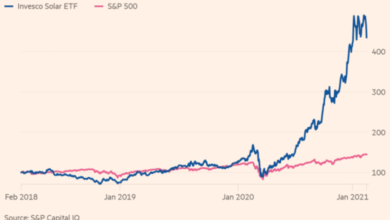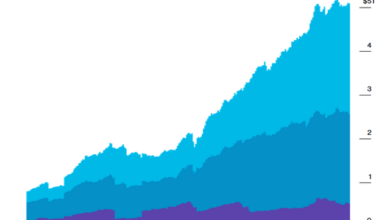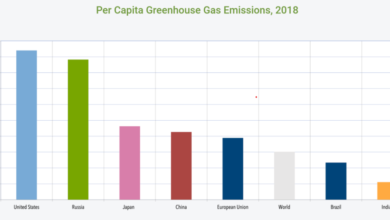The Fated Economy

“Having to run harder to stand still”
As per the International Monetary Fund 2020 estimates, the United States of America stands at the top of the table holding the proud title of “World’s Largest Economy”- with a gross domestic product (GDP) of approximately $20.513 trillion. While the per capita GDP of the States has grown by 66% since 1999, the median household income has only shown a growth of 45% over the last 20 years.
In accordance to the few numerical figures in the previous paragraph, United States has very little to worry about with no visible regression in economic growth. If the numbers state that the United States’ economy is on the positive axis, then why should the citizens worry about a crumbling economy? The answer lies in the measurement process of national income (NI) and economic growth where the income distribution is not taken into consideration. To further explain it: if 5 people have an annual income of $10 million and the rest get only a $1000 per annum, but the average income of the country as a whole comes out as $100,000- then we see a decent financial figure in terms of NI. Although the number tells us that the country is getting richer which, in reality, holds true, the middle-class household has not gotten richer at all and is stagnant in its income growth.
This implies that the maximum wealth of the nation is held by people at the top- which is a very small percentage- meanwhile the middle and lower classes are progressively getting poorer. This disparity and growing inequality between the classes have now resulted in the poverty rate in the United Sates being higher than what it was at the end of the 20th century.
“40% of Americans recently said that they couldn’t cover an unexpected $400 expense.” (as per reports from the ABC NEWS)
Slow-growing wages is one of the main reasons for the average American’s low income. Although the economy after the Great Recession (in 2008) has grown significantly, no proper improvements have been seen in terms of wages and living standards. The federal minimum wage in the United States, as of today, stands at $7.25 per hour which is 17% less than what it was 10 years ago. Therefore, a worker 10 years ago would be paid an equivalent of $8.70 per hour in this year’s dollars. (USA minimum wage per hour. Source: epi.org)
Such low wages have led to very low income-growths. About 80% of Americans, according to Peter C. Earl, live on a paycheck-to-paycheck basis because there are no high-return investment accounts or trust funds to rely on. Of that 80%, one-third belong to the middle-class and about 75% of them are in debt (according to the American Institute for Economic Research). This implies that the majority of Americans do not have any significant savings.
Soaring healthcare costs, where calling an ambulance itself can cost up-to $2500, and high tuition fees which, from the very onset of one’s higher-academic career, put the students in debt- are some of the reasons which are now resulting in a low living standard. Failing healthcare, unemployment, lack of insurance, increasing poverty and debts are some of the realities of the world’s “largest economy” and challenges for the newly elected Biden.
One may say that if the problems regarding the American economy is so visible, then why are steps not being taken to dismantle such a system? A system where only people belonging at the top of the social hierarchy have accumulated wealth while the vast majority of the country struggles to save a part of their income. The answer is in the pillars of capitalism that America was built on more than 200 years-ago.
(Alexander Hamilton on the $10 note. Source: Getty Images)
Alexander Hamilton, one of the founding fathers of the United Sates and the first secretary of the Treasury, was responsible for the establishment of the Capitalist Financial and Banking System of America. In the four reports that he had submitted to the Congress, he dealt with three basic aspects: public debt, establishment of financial institutions and encouraging a ‘mercantilist’ economy” (Hamilton’s Financial Plan: Foundation Stone of the American Economy?). However, many had opposed to his plan because it “inherently benefits the wealthy.”
Hamilton’s capitalist financial system was still passed and thus we see its result now; a strong economy in terms of GDP but with the abhorred side-effect of established capitalism- wide disparity between the rich and the rest. Hamilton’s plan was made to help prosper the States in the long-run which, till this day, has been successful but at the expense of the average Americans’ low-income and poor standard of living. The fate of the faulty American economy today had been written at its conception.
Sukanya Chaudhury
Sources of reference:
https://abcnews.go.com/Business/top-economic-issues-facing-middle-class-ahead-2020/story?id=68665990
https://www.vox.com/2017/9/19/16319416/broken-economy
https://en.wikipedia.org/wiki/List_of_countries_by_GDP_(nominal)





